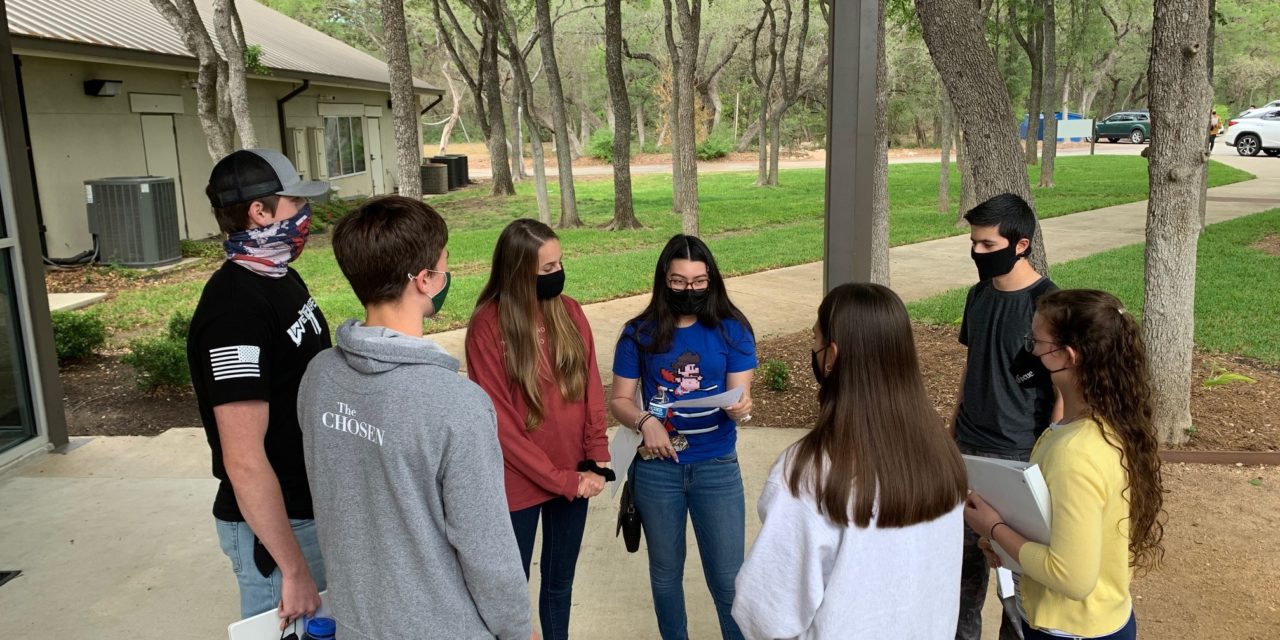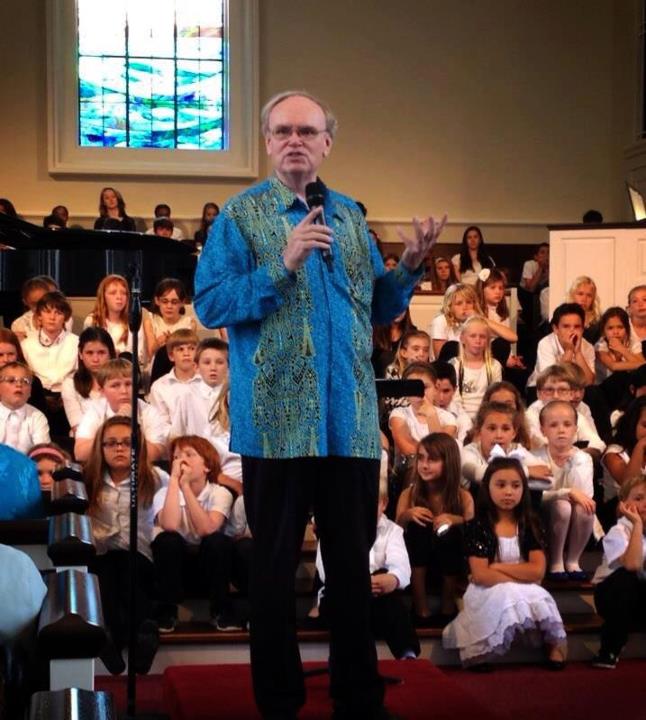As a nine-year-old, I found myself on the Texas Gulf Coast at dawn one morning on a long-anticipated fishing trip. It happened at the very end of the school year, and we were beyond excited to experience the freedom of summer and this fun getaway!
As the sun arose over the sandy dunes and gray-cast water, we put in our boat at the Red Dot Marina and Bait Stand on the edge of the Intercoastal Canal. Upon launching the boat and tying it to the dock, we trotted over to purchase our daily supply of dead and live bait for the day’s fishing expedition. Anticipation was high, to say the least! The dead bait was placed in a good-sized paper sack, which, unfortunately, had not been secured by multiple bagging. A companion fisherman, a teenager, was so excited to have his dead bait sack-in-hand that he immediately charged back to the boat in full sprint … violently wagging the sack of dead bait at the end of his arms as he charged full-throttle towards the dock. Much to his dismay, when he arrived back at the boat, he had not one dead shrimp left in the bag, because, during his wild run, the paper sack developed a wet hole the size of your palm in the bottom. Dead bait was unwittingly flung and strewn in wide and nearly perfect straight line from the bait stand to the boat. And the seagulls were having a hay day with the early morning buffet of ripe, stinky shrimp conveniently served up in the sand by the over-eager adolescent fisherman.
Over the past sixteen months, I have often wondered about “the end of the pandemic,” whatever that means. Hearing all the stories of depression and woe among our choral colleagues around the world, I have often pondered what our reaction is likely to be once we get the word to return to some kind of normal. It seems that time is now finally at hand. So, what will be our response?
I have feared that, since we are all SO eager to make choral music again, we might become like my adolescent fishing buddy. Are we going to be so excited and out of our minds with glee that we sling our resources out of our wet paper bags in the hot pursuit of normality? Will we be like uncaged animals, flinging to the winds all care, caution, and common sense? Or, will we keep cool heads and opt for slow, steady progress rather than “getting back to normal as absolutely soon as possible?”
Here are some considerations which will hopefully help all of us to opt for consistency and sensibility.
- It’s been a long time since things were “normal.” Anything with this long of a break will need a gradual breaking in and ramping up. Consider this: if we’ve been off our exercise regimen for several week (or months … or years), it’s unwise to jump back in first thing with our most aggressive routine. And this: after a devastating stomach bug, it’s probably unwise to return to eating with a first meal of T-bone steak and all the trimmings, dessert and coffee. Or spicy Italian or Mexican food. When there’s been a break in normality – no matter how unwelcome that break may have been – it’s wise to begin slowly and work up to whatever the new normal is to be.
- We need to slowly discover and celebrate whatever the new-normal is to become. This time of unwelcome transition into and out of the pandemic has revealed to some of our colleagues the need to change vocational courses, to proceed with retirement plans, to reevaluate their priorities, and to make new decisions. Indeed, hopefully, all of us have made some important new decisions during this time, whether those transitions involve vocational changes or not.
- Let us remind ourselves once again that we did not invent singing, nor are we the ones who discovered the power of choral music. God created singing when the human voice was formed, and others long before us discovered how powerful it is when we sing together in community. We neither created nor invented singing, and we are not solely responsible for making it come back into to our world. As music educators and church musicians, it is up to us to raft the choral rivers already in motion all around us. Yes, we need to be assertive and self-starting, but the ultimate future of choral music is not dependent upon what I do right now.
- Let us ask God to provide us that mystical balance between being and doing. It is in the holy equilibrium of hard work, good rest, and consistent renewal that we find our ways in our vocations, leadership positions, ministries, and through life’s good and normal transitions.
- And finally, it’s usually a good idea to use multiple layers when bagging up the dead bait.
Happy singing … and fishing!
Randy Edwards [email protected]










